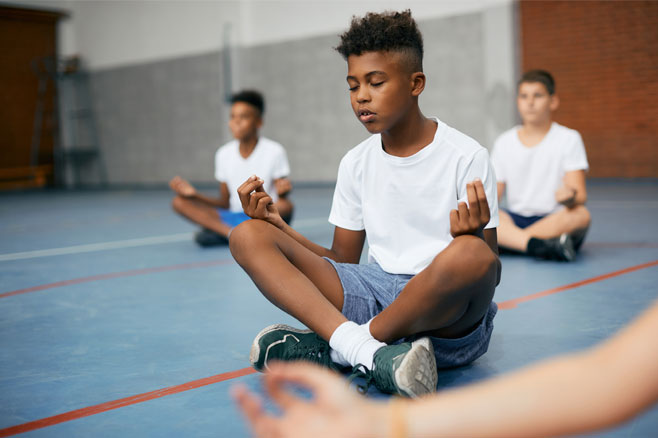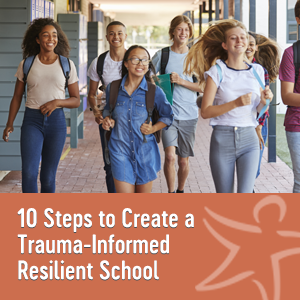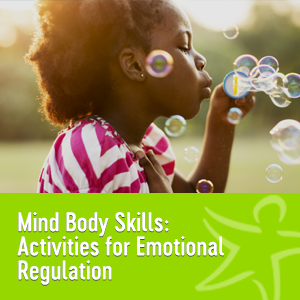5 Reasons for Teachers to Co-Regulate Emotions (and How to Start from Day One)
We cannot expect children who are already stressed and activated to be able to regulate on their own. They need our help. When you help a child regulate, rather than expecting them to regulate on their own, it is called co-regulation. Adults underestimate how much children and adolescents require adult support and guidance to manage their feelings when they are worried, angry, hurt or scared. When adults provide the correct strategies for regulating emotion, the results can mean the world to a child’s success.
- Improved attitudes towards self, school, and others
- Enhanced positive pro-social behavior
- Reduced misbehavior and aggression
- Reduced emotional distress
- Improved academic performance
How can I help my students co-regulate emotions?
Be with a child when they are feeling out of control emotionally and/or behaviorally. Your demeanor is important. The less words you use at this time, the better. Simply let the child know you understand they are feeling overwhelmed and you are there to help them until they feel more in control of their emotions and behavior.
Start by teaching breathwork and movement activities to children and then practice them on a regular basis. Encourage them to practice the activities on their own or with the help of their parent/caregiver. The goal is for them to easily engage in breathing or movement changes when they need help regulating their emotions or behaviors. The more they practice, the easier it will become for them to call upon these resources during uncomfortable or overwhelming situations.
The calmer you remain, the more the child will begin to calm down. Model how to regulate by taking a deep breath, walking slowly, or distracting the child with play or drawing. Practice this often. It takes many co-regulation experiences for some children to learn how to do so on their own.
https://www.helpguide.org/harvard/benefits-of-mindfulness.htm?pdf=14945
Start teaching breathwork and movement activities to children and then practice them on a regular basis. The goal is for them to easily engage in breathing or movement changes when they need help regulating their emotions or behaviors. The more they practice, the easier it will become for them to call upon these resources during uncomfortable or overwhelming situations. Learn more and download our free co-regulation activity below.
More related resources from Starr Commonwealth




